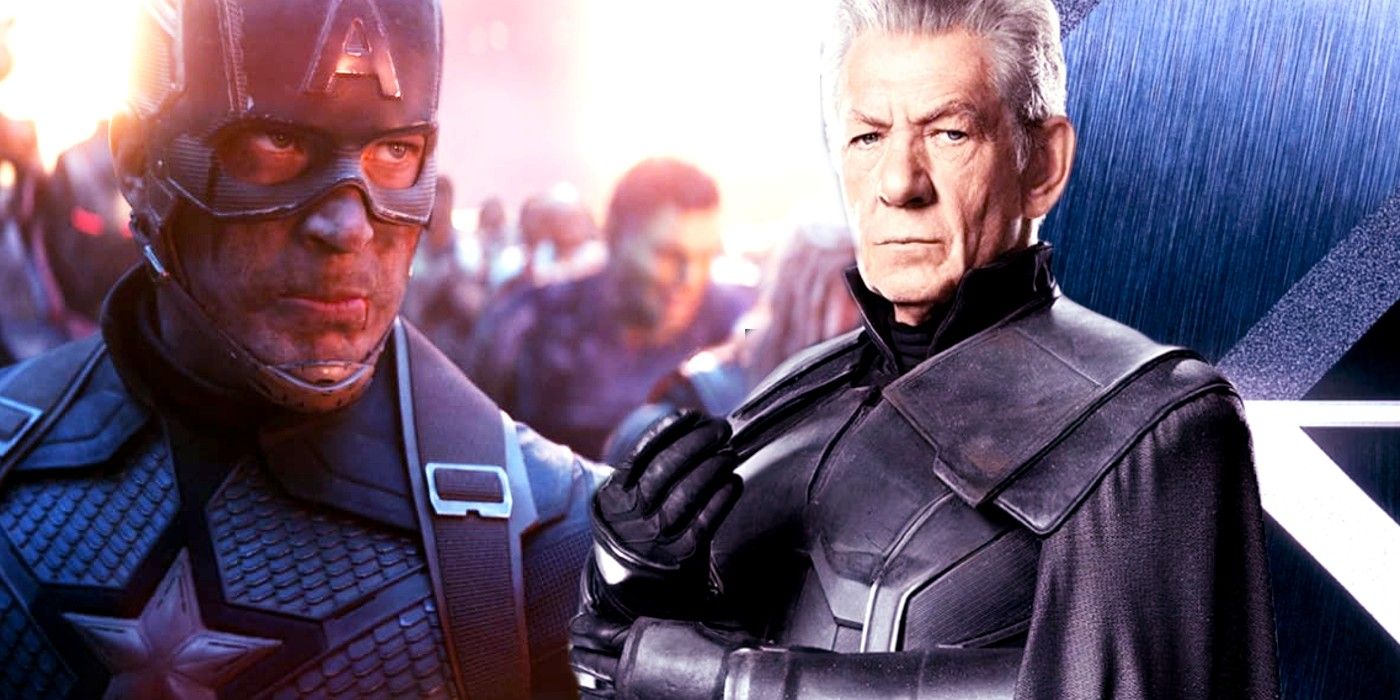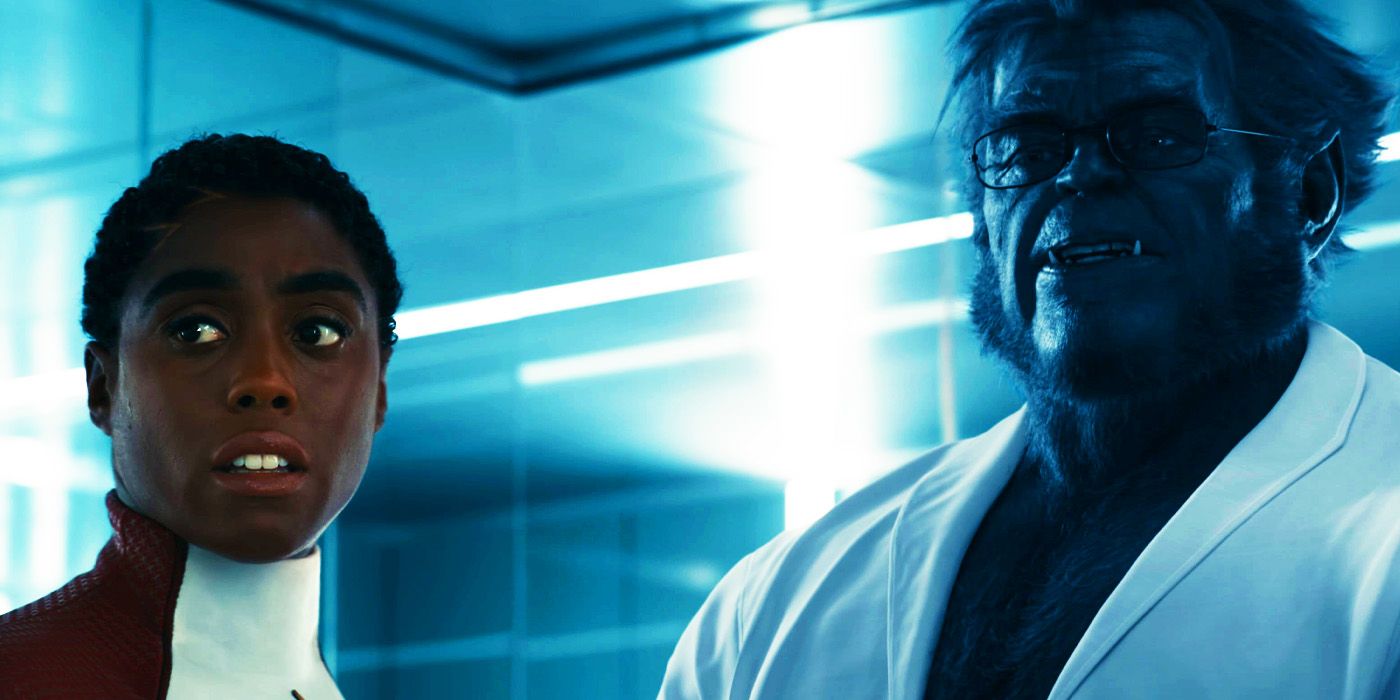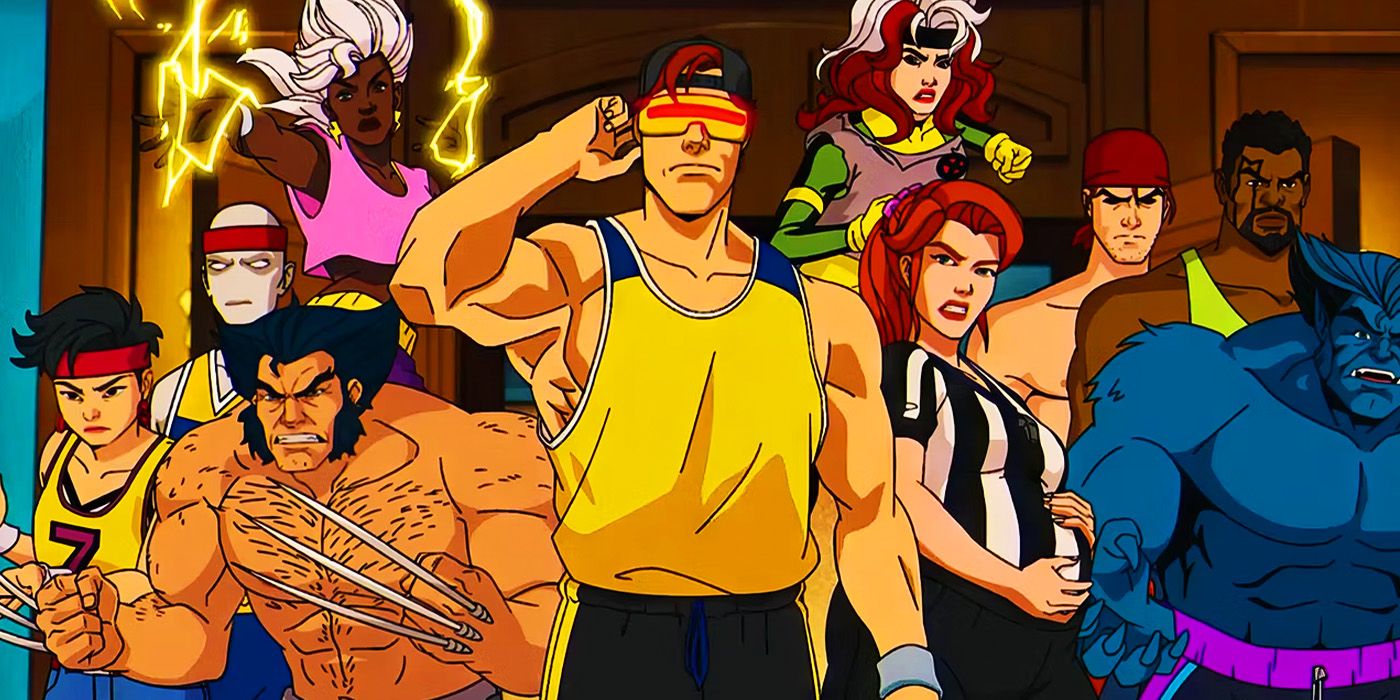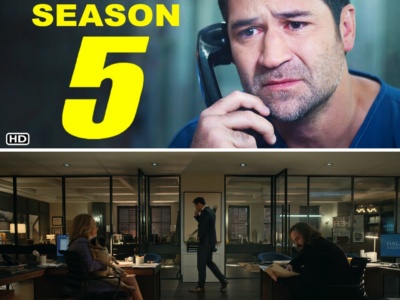Superheroes have existed in the MCU for a long time, but there’s still a way that Marvel can adapt the X-Men storyline where the world hates mutants.

Superheroes have existed in the MCU for a long time, but there is still a way that Marvel can adapt one of X-Men‘s most crucial storylines. Captain America was the first superhero in the MCU, but Iron Man is the one whose emergence led to a rise in heroes and villains within this universe. From the moment he said, “I am Iron Man,” the presence of superheroes in the MCU grew to the point where seeing a powered individual in public is a common occurrence. Since the presence of superheroes is widely accepted, it may not make sense for the public to hate a new breed of heroes.
The X-Men still haven’t debuted in the MCU, but characters like Ms. Marvel and Namor have confirmed that mutants exist within the universe. Deadpool & Wolverine could be the X-Men’s introduction, but Marvel could have trouble with one storyline. Mutants are discriminated against by society, and it’s an essential part of their story in the animated series and the films. While the public abruptly changing their attitudes toward superheroes wouldn’t make perfect sense, there is a way the MCU can still create hatred toward mutants.
How The MCU Has Set Up X-Men’s Anti-Mutants Storyline

Beast recently made an appearance in a post-credits scene in The Marvels. Kelsey Grammer returns to the role, but it may not be the same Beast from The Last Stand. He appears in a different universe and is studying Monica Rambeau, who is stuck in this universe after closing the rift at the end of The Marvels. If the X-Men are introduced through the multiverse, that could lead to hatred toward mutants since the public doesn’t understand the multiverse and could fear anything that comes from an alternate reality.
Another way the MCU could make mutants frightening to humanity is by connecting them to the blip. A popular theory suggests that mutants have existed in the MCU, and the radiation and energy released by the blip could have accelerated the X-gene in millions of people, activating their hidden powers. This theory has some realism to it, especially since Namor was a mutant well before the events of Avengers: Infinity War and Endgame. If mutants are created through the blip, that would connect them to a traumatic event, causing skepticism from the public.
Marvel Comics Have Long Dealt With Anti-Mutant Sentiment Despite Other Heroes

The X-Men co-exist alongside other Marvel heroes, so anti-mutant sentiment remains alive even with other superheroes. Characters like Wolverine and Storm often break away from the X-Men to temporarily fight alongside the Avengers but still face discrimination toward their kind. While it might not make sense, bigotry never does, and people often are frightened by what they don’t understand, including mutants.
The difference between characters like Jean Grey and Spider-Man is that Jean was born with her gifts, while Spider-Man received them through a radioactive spider bite. Iron Man invented his suits, Captain America received a super serum, Bruce Banner was exposed to gamma radiation, and so on. Mutants are slightly different from other heroes just because they were born with their abilities rather than acquiring them later, which is why humanity fears them. This could be an aspect of the comics that makes its way into the MCU.
Why X-Men’s Anti-Mutant Storyline Is So Important To The MCU’s Adaptation

While it is a more political angle from Marvel, the MCU hasn’t shied away from social or political stories. For example, Black Panther dealt with what Wakanda’s absence meant to black oppression, manifesting in Killmonger’s return. A message of inclusion and tolerance is one of the main pillars behind the X-Men, and the anti-mutant storyline needs to be essential to the MCU’s X-Men.
